Sodium-ion (Na-ion) batteries and solid-state batteries have both been in the news recently. Why? Because the need for battery storage is growing rapidly as the global economy seeks carbon-based energy alternatives in pursuit of the goal to achieve net-zero emissions by the mid-century.
Na-ion Battery News
In April I wrote about BYD, a Chinese electric vehicle (EV) manufacturer, that is using sodium-ion (Na-ion) battery packs instead of lithium-ion (Li-ion) in some of its models. In its latest report, IDTechEx, out of Cambridge in the United Kingdom, states that although Na-ion batteries are not the answer to all battery-power applications, they do provide a complimentary addition to battery packs used not just in EVs but also for backup power within utilities and factories.
IDTechEx points to several small factory pilot projects already being planned or built with a capacity of over 100 Gigawatt hours (GWh) within the next three years. These can be found in the UK, the US, France and China (see chart below). India is the site of what will be a 2 to 3 GWh factory that is planned to open in 2024.
The advantages of developing Na-ion battery storage cannot be underestimated. The capacity to grow because of material availability makes these batteries attractive when compared to Li-lon.
IDTechEx forecasts that the average cost per Na-ion battery cell will drop from the current US $87/kilowatt-hour (kWh) to $40/kWh by 2030. Na-ion energy density is not equal to Li-ion with the weight-to-energy density ratio higher than the latter impeding widespread adoption. But for use in commercial energy and grid storage, where size and weight are far less of an issue, Na-ion batteries should take off. Other advantages include they are faster to charge, more resilient in cold temperatures and more tolerant to heat. This makes them a good option for backup storage in utilities and as a power source for factories and buildings.
Solid-state Battery News
The first time I wrote about solid-state battery technology was back in 2014. Solid-state batteries when first released were seen as a good low-power, long life cycle solution for medical and remote sensing applications.
In 2017, Toyota, the world’s largest automobile manufacturer, announced it was planning to put a solid-state battery-powered EV on the road by 2022. That deadline passed without explanation. Toyota has been late to the EV game having put much of its low-carbon emission investments into hybrid systems that combined battery and small internal combustion engine (ICE) models. (Full disclosure: I drive a Toyota Venza hybrid which combines a Li-ion battery pack with an ICE. My previous car was a hybrid RAV4 which used a Nickel-cadmium battery pack combined with an ICE.)
What makes solid-state batteries so attractive to the automobile industry? They are lightweight, have no liquid electrolyte, have higher energy density, and don’t overheat which is a common concern for Li-ion storage technology. They also charge faster (10 to 20 minutes) than Li-ion, provide a greater operational range, and last longer.
In Toyota’s latest announcement in partnership with Panasonic, the companies have announced a technological breakthrough which reduces the size, weight and cost while providing an extended range of up to 1,200 kilometres (745 miles).
The only disappointment in the latest Toyota “breakthrough” announcement is that its solid-state powered models will be introduced in 2027 and 2028. In the interim, the company is continuing to make improvements to its Li-ion battery packs and plans to launch a line of EVs with an operational range of approximately 1,000 kilometres (621 miles) using this technology in 2026. An interim strategy is the launch of hybrid models containing small solid-state battery packs by 2025.
Toyota is not alone in pursuing solid-state battery-powered EVs. BMW plans to have a working prototype model by 2025. Nissan plans to introduce solid-state-powered EVs in 2028. And Ford, Volkswagen, Mercedes, BYD and others are all in hot pursuit as well. Meanwhile, Tesla, the company that made EVs a thing, is slow-walking solid-state technology, pursuing instead an enhanced Li-ion battery of their design.

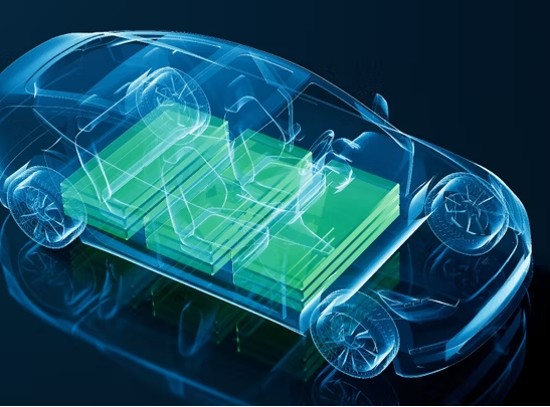
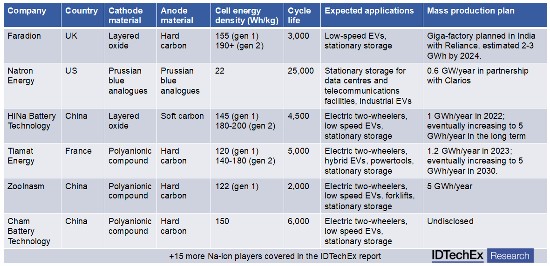
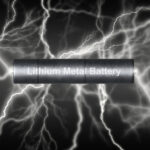




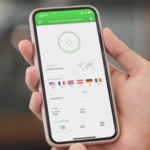

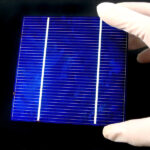







[…] and manufacturers’ laboratories to the largest automobile manufacturers on the planet. Toyota recently announced plans to introduce models meeting the 1,000-kilometre milestone as early as […]